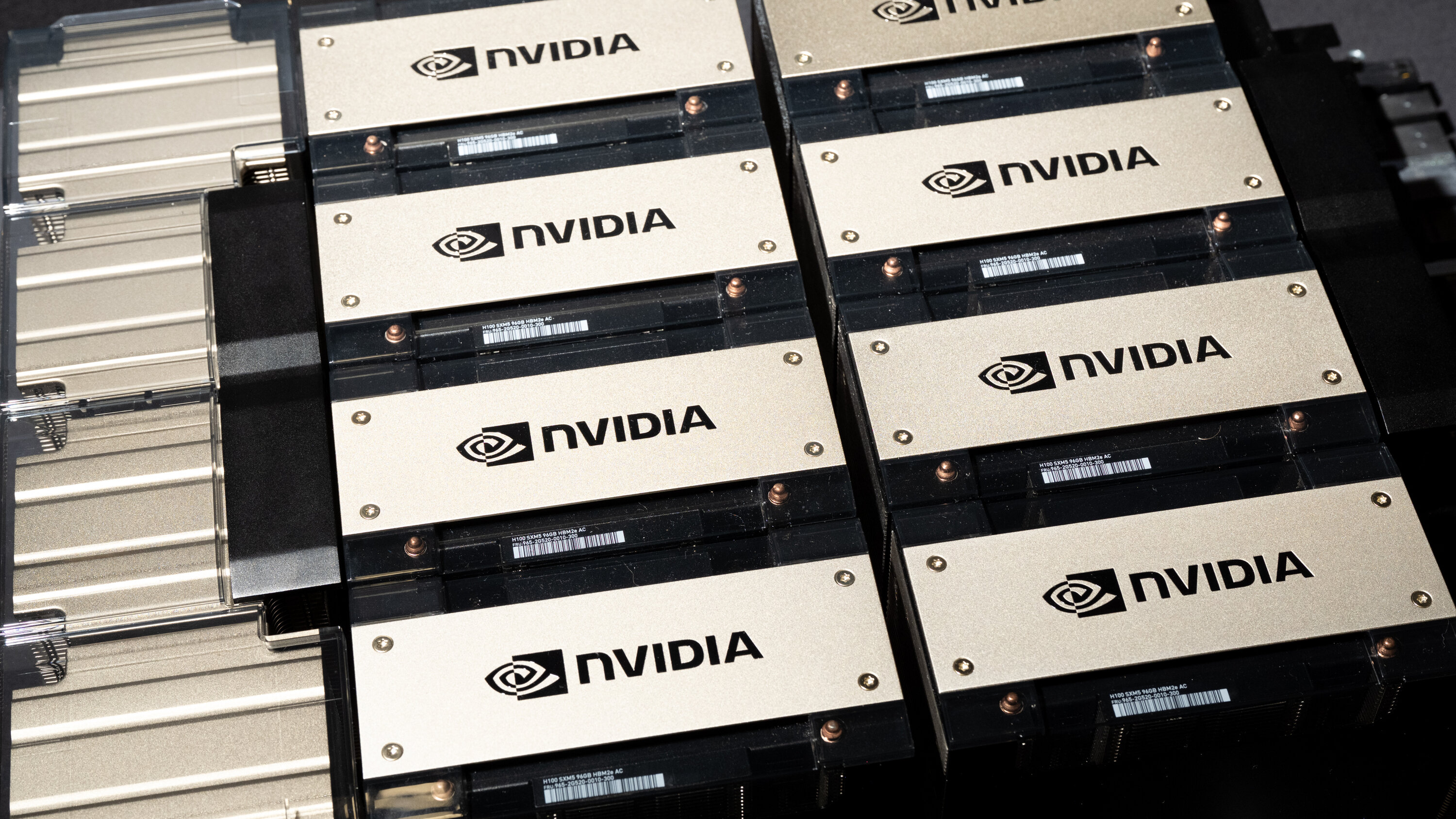U.S. Charges Two Chinese Nationals for Smuggling Nvidia AI Chips Worth Millions Into China
U.S. Charges Two Chinese Nationals for Smuggling Nvidia AI Chips Worth Millions Into China
By
Calder Monroe
Last updated:
August 6, 2025
First Published:
August 6, 2025

Photo: The New York Times
DOJ Charges Two Chinese Nationals in California Over Illegal AI Chip Shipments to China
In a high-stakes case reflecting mounting tensions in the tech cold war between the U.S. and China, the U.S. Department of Justice (DOJ) has charged two Chinese nationals with illegally exporting advanced AI chips—including Nvidia’s H100 GPUs—worth tens of millions of dollars to China.
The defendants, Chuan Geng and Shiwei Yang, both 28 years old and residing in California, are accused of violating U.S. export laws by bypassing required licensing protocols and funneling restricted semiconductors to Chinese buyers between October 2022 and July 2025, according to the DOJ’s criminal complaint.
Details of the Case: Nvidia’s H100 Chips at the Center
The heart of the charges lies in the illegal shipment of Nvidia’s H100 chips, the company’s most advanced general processing units (GPUs) used in artificial intelligence (AI) infrastructure, particularly in training large language models and operating data centers. These chips have been under strict U.S. export controls since 2022, following efforts to curb China’s access to critical AI-enabling technologies.
The DOJ revealed that Geng and Yang ran a California-based company called ALX Solutions, which was established shortly after the U.S. government enacted chip export restrictions.
Smuggling Network: Shipments Routed via Malaysia and Singapore
Evidence gathered by law enforcement—including incriminating messages found on the defendants’ seized mobile phones—indicates that ALX Solutions had attempted to evade export controls by routing shipments through Malaysia and Singapore, which are commonly used transshipment hubs.
In December 2024 alone, ALX Solutions reportedly made over 20 shipments to freight-forwarding firms in those countries. Yet, the DOJ says that rather than being paid by the supposed recipients, the company received payments directly from firms in Hong Kong and mainland China.
The U.S. government believes these intermediary locations were deliberately used to conceal the final destination of the shipments—China—in violation of U.S. law.
Nvidia Responds: "Smuggling Is a Nonstarter"
A spokesperson from Nvidia responded to the case by reaffirming the company’s strong compliance with U.S. regulations:
“We primarily sell our products to well-known partners, including OEMs, who help us ensure that all sales comply with U.S. export control rules,” Nvidia told CNBC. “Even relatively small exporters and shipments are subject to thorough review and scrutiny.”
The company further emphasized that any products diverted from authorized channels would not receive support, updates, or servicing, rendering them effectively obsolete in mission-critical applications.
Legal Consequences and National Security Context
Both Geng and Yang are charged under the Export Control Reform Act, a felony offense that carries a maximum penalty of 20 years in federal prison. Yang also faces immigration-related charges after being found to have overstayed her visa, making her presence in the U.S. illegal.
The case comes amid a broader crackdown on tech smuggling, which the DOJ and the Bureau of Industry and Security (BIS) within the Department of Commerce are now treating as a national security priority.
According to a recent Financial Times report, at least $1 billion worth of Nvidia chips were smuggled into China following intensified U.S. export controls implemented under former President Donald Trump.
In response to growing scrutiny, Malaysia announced in July 2025 that it would begin requiring trade permits for any AI chips sourced from the U.S., a move seen as aligning with Washington’s goal to track chip flows more closely.
Geopolitical Stakes: Tech, Trade, and National Security Collide
This case underscores Washington’s aggressive efforts to safeguard cutting-edge semiconductor technology, which is viewed as critical to military modernization and national competitiveness.
As AI becomes a battlefield for technological dominance, export control enforcement is expected to grow even more stringent. Meanwhile, companies like Nvidia remain in the spotlight, balancing explosive global demand with the complexities of compliance in a rapidly evolving regulatory environment.
The investigation remains ongoing, and additional charges or related arrests may follow.
Popular articles
Subscribe to unlock premium content
Merch, Meals, and Memories

Innovating One Feature at a Time

Zero Taxes, Maximum Attraction – Why Monaco is the ultimate playground for the wealthy.

Merch, Meals, and Memories

Innovating One Feature at a Time

Merch, Meals, and Memories







.png)

